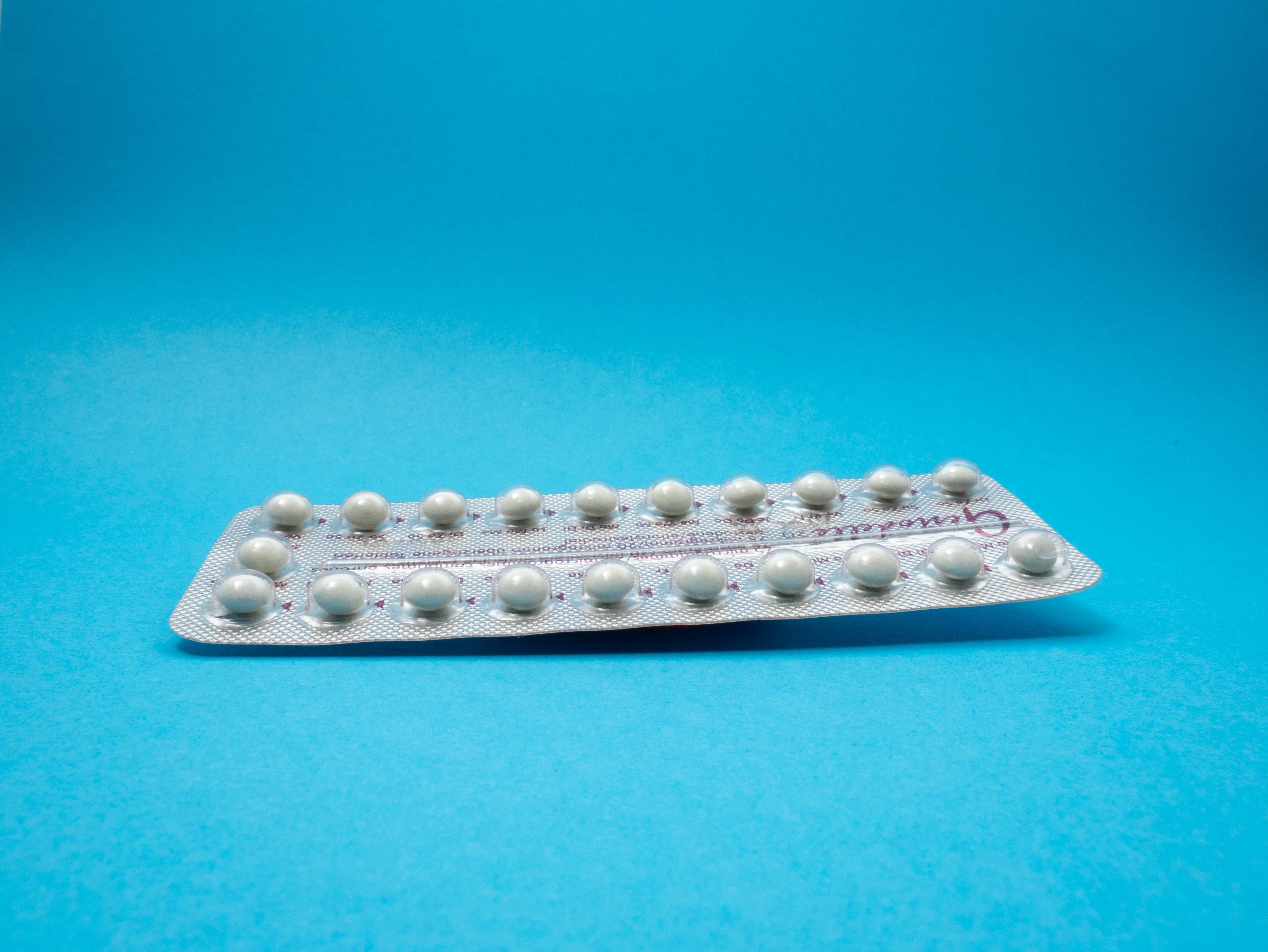The pill and your AMH level

Thinking about egg freezing?
It’s a good idea to stop taking the pill before you take an AMH test.
If you are thinking about egg freezing—or just want to understand your fertility a bit better—it’s a good idea to get your fertility tested sooner rather than later. We recommend from your late twenties to early thirties is a good time as egg quality and quantity drop off after the age of 35.
At a fertility assessment, you’ll have a blood test to measure your anti-Mullerian hormone (AMH) level, and an ultrasound called an Antral Follicle Count. Together, these tests will determine your “ovarian reserve,” or how many eggs you have left, and how effective egg freezing may be for you.
We recommend that to get the most accurate result on your AMH it’s best to temporarily cease taking hormonal contraception (i.e. the combined oral contraceptive pill or implants) and switch to a barrier method.
While some studies have indicated the contraceptive pill doesn’t lower AMH levels, others have concluded the opposite and it may decrease AMH levels by an average of 20%. That may affect not only the results of your fertility assessment but can actually suppress the body’s response to egg-freezing medication too.
Use of hormonal contraception directly prior to a “stimulation” cycle (such as egg freezing) can also result in a longer egg-freezing cycle that requires more medication and can negatively affect the number of eggs that are eventually retrieved. Neither of these is desirable, so even though it’s a bit of a hassle, we suggest you stop using the pill when you reach the end of a packet and schedule your AMH test after your second ‘natural’ cycle.
Of course, do make sure you use another method of contraception as falling pregnant is probably not what you want at this point in time.
If you decide to freeze your eggs, you’ll need to stop hormonal contraception before your stim cycle.
During a stimulated egg freezing cycle we’ll be using medications to prompt your ovaries to produce multiple eggs. Hormonal contraception, of course, is intended to prevent ovulation. Recent studies show that while long-term pill use can suppress antral follicle count, this can be reversed by taking a break from contraception. For that reason, you will need to stop taking the pill before your egg-freezing cycle. Once your eggs have been retrieved, you can resume the pill on your next period.
If you have any questions about egg freezing or fertility check-ups you can schedule a phone chat with our patient care team who will be happy to run through this with you and answer any questions you have. To schedule an egg-freezing consultation with one of our doctors click here.
Sources:
Am J Obstet Gynecol. 2021 Nov;225(5):515.e1-515.e10.doi: 10.1016/j.ajog.2021.06.052. Epub 2021 Jun 12.Anti-Müllerian hormone levels among contraceptive users: evidence from a cross-sectional cohort of 27,125 individuals
Eduardo Hariton 1, Talia N Shirazi 2, Nataki C Douglas 3, Avner Hershlag 4, Sharon F Briggs 5
J Assist Reprod Genet. 2017 Sep; 34(9): 1137–1144.
Long-term hormonal contraceptive use is associated with a reversible suppression of antral follicle count and a break from hormonal contraception may improve oocyte yield
Joseph M. Letourneau, Hakan Cakmak, Molly Quinn, Nikita Sinha, Marcelle I. Cedars, and Mitchell P. Rosen
Reprod Biomed Online. 2020 Jan;40(1):176-186. doi: 10.1016/j.rbmo.2019.10.004. Epub 2019 Oct 15.
Ovarian reserve markers after discontinuing long-term use of combined oral contraceptives
Selma Kloeve Landersoe 1, Kathrine Birch Petersen 2, Anne Lyngholm Sørensen 3, Elisabeth Clare Larsen 4, Torben Martinussen 3, Stine Aagaard Lunding 4, Mie Stougaard Kroman 4, Henriette Svarre Nielsen 4, Anders Nyboe Andersen 4